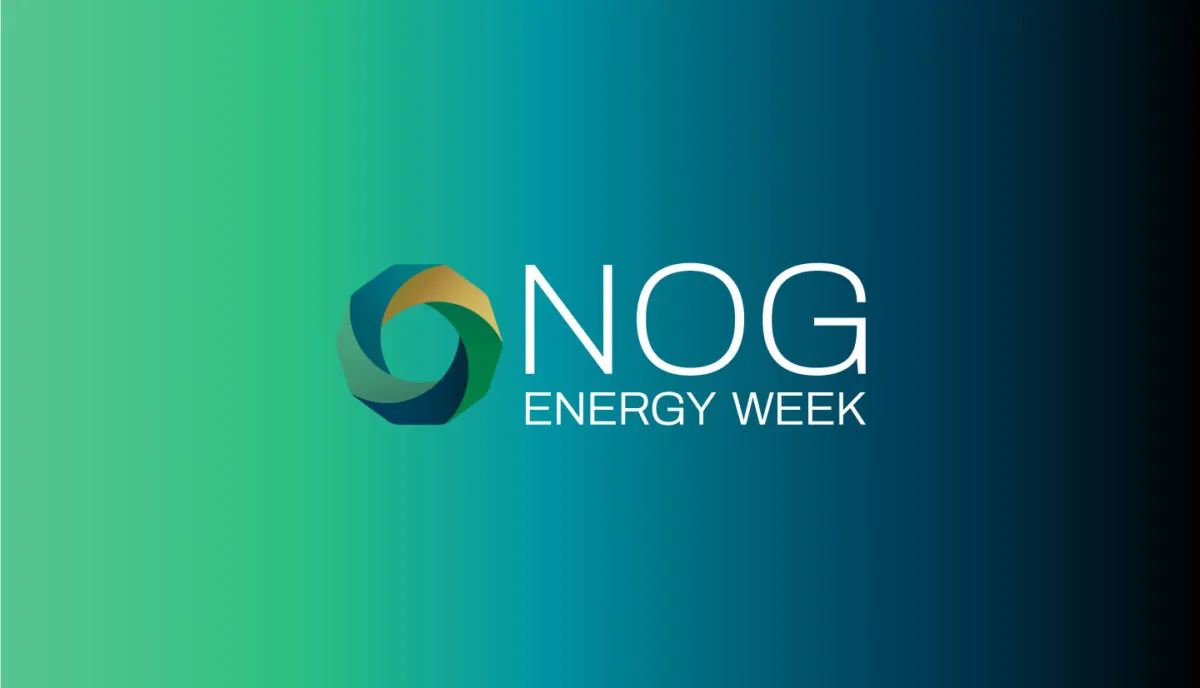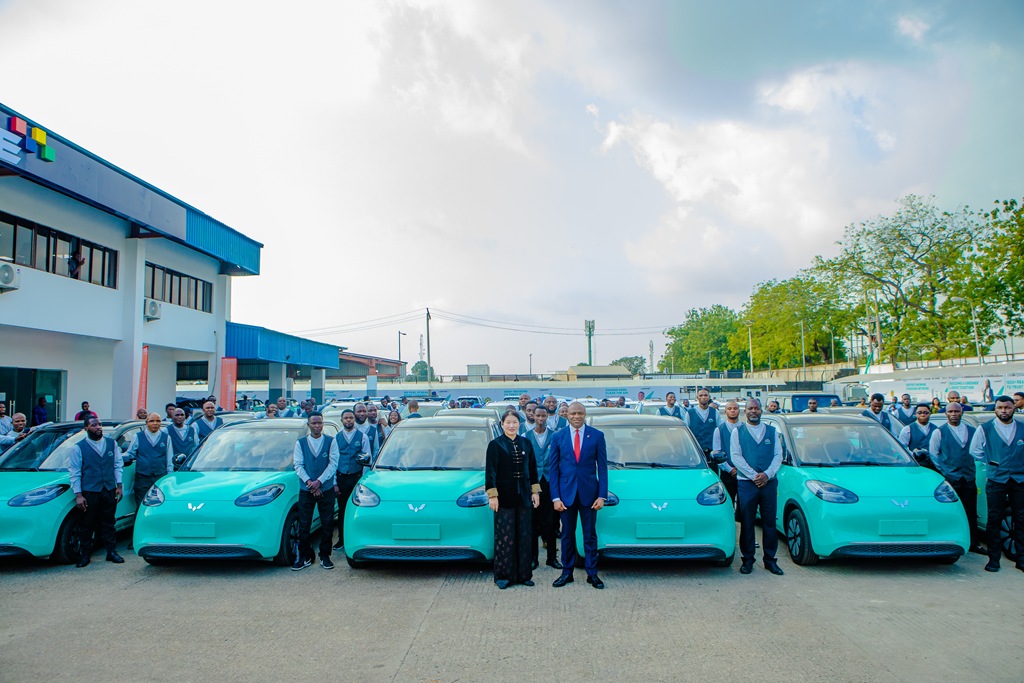Nigeria’s financial sector is leading innovative solutions to address economic growth and climate resilience through technology-driven approaches, stakeholders have said.
They disclosed this at the Stanbic IBTC Sustainable Finance Summit 2.0, held in partnership with the Lagos Business School Sustainability Centre, which attracted over 1,000 participants from the financial, technology, and policy sectors.
The event, themed: “Financing Resilience: Digital Innovation and AI for Climate Smart Communities,” explored how artificial intelligence and digital innovation can drive climate-smart financial solutions in underserved communities.”
Speaking at the summit, Chief Executive of Stanbic IBTC Bank, Wole Adeniyi, said the financial industry is witnessing a paradigm shift in sustainable finance.
“Traditional approaches to climate finance often struggle with scale and accessibility. AI and digital platforms are changing that equation entirely,” Adeniyi explained.
The summit showcased several breakthrough applications being piloted in Nigeria, with financial institutions positioning themselves as facilitators of community resilience by using technology to connect climate-vulnerable communities with appropriate financial tools.
Nigerian fintech companies presented climate-focused solutions, including platforms for peer-to-peer renewable energy financing and blockchain-based carbon credit marketplaces.
The Head of Sustainability at Stanbic IBTC, Tosin Leye-Odeyemi, emphasised the importance of reaching grassroots communities with technological solutions.
“Technology is only valuable if it reaches the communities that need it most. These platforms are bridging the gap between sophisticated financial tools and real-world climate challenges,” Leye-Odeyemi stated.
Representatives from the Central Bank of Nigeria and other regulatory bodies participated in discussions about frameworks for sustainable finance, demonstrating growing alignment between private sector innovation and regulatory policy.






